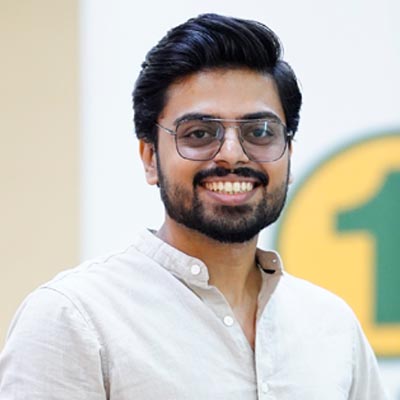
“Growing up, my father was abroad for work, which meant I struggled to find a masculine role model. This led me to idolize toxic men, thinking their behaviors were what it meant to be a man. As I got older, I realized these were not the men I wanted to look up to or become. This realization marked the start of my journey to find healthier ways to express my masculinity. I met people who showed me what it truly means to be a man. Hearing statements like "Men don't cry" made me question why men aren't allowed to express their emotions.” This curiosity sparked Hamza’s passion to redefine masculinity and create spaces where men can explore their identities openly.”
OMLAS Project “BroCode 2.0” aims to redefine masculinity and promote gender equality. The project creates a supportive environment where young men can discuss their emotions, societal expectations, and the impact of traditional masculinity on their lives and relationships. By creating open dialogues and challenging harmful stereotypes, BroCode 2.0 seeks to nurture a more inclusive and expressive form of masculinity. Toxic masculinity often leads to gender-based violence by promoting aggressive behaviors and stigmatizing emotional vulnerability. BroCode 2.0 addresses these issues by encouraging healthy emotional expression and respectful interactions, helping to reduce gender-based violence.
Through BroCode 2.0, Hamza aims to create a ripple effect, empowering young men to break free from traditional constraints and contribute to a more equitable and compassionate society. He believes this project is about redefining masculinity and building a future where everyone, regardless of gender, can thrive. He aims to address key Sustainable Development Goals; SDG 5: Gender Equality, SDG 3: Good Health and Well-being, SDG 4: Quality Education, SDG 16: Peace, Justice, and Strong Institutions
My OMLAS experience: “Being part of the OMLAS program is a transformative experience. Interacting with diverse individuals and mentors, I learned how to address systemic inequalities and build inclusive communities. The program's focus on leadership, collaboration, and innovative thinking gave me the tools to turn my ideas into real projects. OMLAS inspired me to align my efforts with the Sustainable Development Goals (SDGs) to make a meaningful impact.”